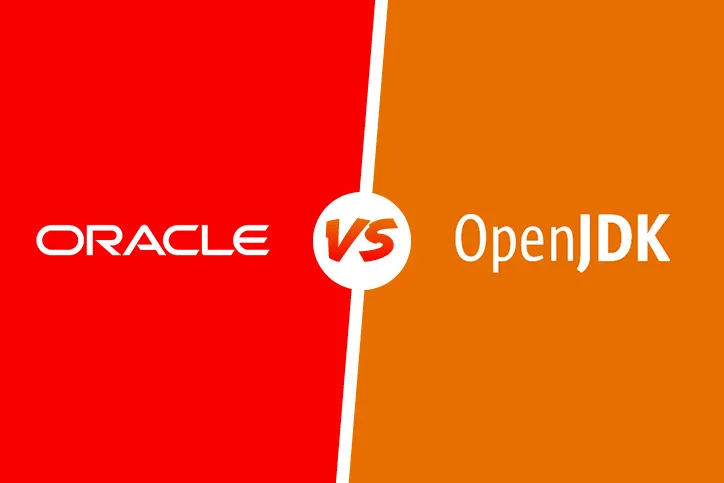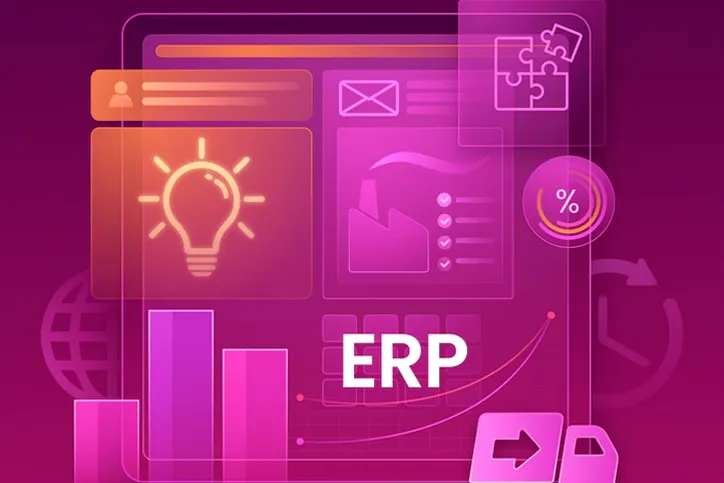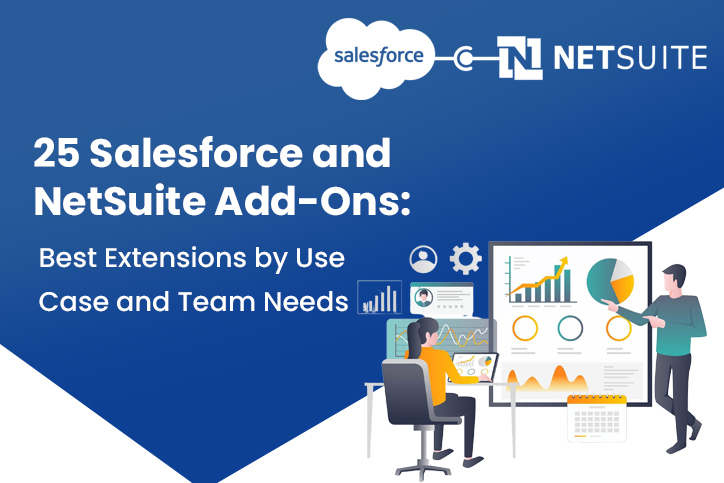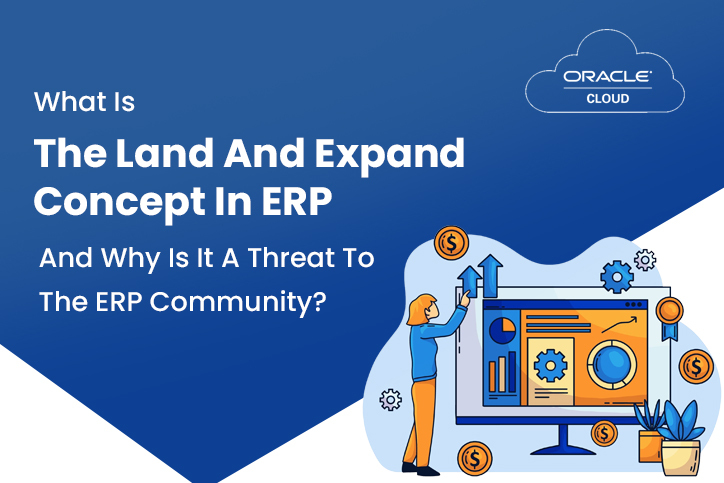Oracle JDK vs Open JDK: Which One is Right for Your Company
In the high-stakes world of software development, the choice of JDK can be a game-changer. Whether you’re scaling a startup or powering a global enterprise, the decision between Oracle JDK and OpenJ...
Oracle
- 09-30-2024
- 487 Reads
- 6 min read
Latest Blogs
What is Oracle Sustaining Support? Guide to the Best ERP Sol...
In the quickly changing commercial environment, manufacturers face increasingly complex challenges. Whether it’s managing supply chains, optimizing production processes, or ensuring compliance w...
Oracle
- 08-21-2024
- 438 Reads
- 5 min read
Oracle E-Business Suite Self Service Registration Implicatio...
In an era where digital transformation is not just an option but a necessity, Oracle E-Business Suite (EBS) emerges as a game-changer for businesses aiming to streamline their operations. This powerfu...
Oracle
- 05-28-2024
- 532 Reads
- 5 min read
The Role of Oracle Support in Security for Safeguarding Your...
In today’s digital age, data security has become a top priority for businesses across all industries. With the increasing number of cyber threats and data breaches, organizations must take proac...
Oracle
- 02-01-2024
- 612 Reads
- 6 min read
Maximizing ROI with Oracle Consulting – Best Practices
When it comes to investing in Oracle consulting services, one of the key metrics that businesses should consider is Return on Investment (ROI). ROI measures the profitability of an investment by compa...
Oracle
- 10-27-2023
- 483 Reads
- 5 min read
Integrating Oracle with Existing Systems: Ensuring Seamless ...
Oracle integration with existing systems has emerged as a crucial aspect for businesses to thrive in the digital age. You may be wondering, what exactly is Oracle integration? In simple terms, Oracle ...
NetSuite
- 10-26-2023
- 583 Reads
- 5 min read
Oracle E-Business Suite Tips and Tricks for Better System Pe...
As a user, you might already be aware that it is designed to help you manage the complexities of global business environments. But have you ever wondered how to get the most out of it? It’s time...
Oracle
- 10-26-2023
- 596 Reads
- 6 min read
Enhancing Project Management with Oracle Cloud ERP Projects
With the advent of cloud technology, project management has become more streamlined and efficient. One such cloud-based solution that has gained immense popularity is Oracle Cloud ERP. This comprehens...
Oracle
- 10-18-2023
- 635 Reads
- 4 min read
Oracle NetSuite Integration – Business Tips and Trends
NetSuite is a comprehensive cloud-based ERP (Enterprise Resource Planning) system that integrates essential business functions, including finance, inventory, e-commerce, and customer relationships, in...
Oracle
- 10-16-2023
- 478 Reads
- 4 min read
6 Reasons to Outsource Your Oracle Administration Duties
Many companies wonder if they should hire in-house or look to an outside firm. Here are the reasons to outsource Oracle database administration duties versus hiring a DBA. ...
Oracle
- 03-21-2020
- 628 Reads
- 4 min read
Reduce Complexity and Downtime with a Qualified Oracle Suppo...
IT downtime is costly for organizations, with estimates ranging anywhere from $5,600 per minute up to hundreds of thousands of dollars per hour, depending on the size of your organization. With a bevy...
Oracle
- 03-01-2020
- 622 Reads
- 5 min read














